PHILADELPHIA, Sept 11 (V7N) – In a fiery presidential debate on Tuesday, Democratic Vice President Kamala Harris put Republican Donald Trump on the defensive, launching a series of pointed attacks on his stance on abortion, his fitness for office, and his ongoing legal troubles. Both candidates aimed to seize a pivotal moment in their closely contested election.
Adding to the momentum for Harris, pop superstar Taylor Swift endorsed her and running mate Tim Walz shortly after the debate, reaching out to her 283 million Instagram followers. The post garnered nearly 2 million likes within just 25 minutes.
Harris, 59, a former prosecutor, effectively rattled Trump, 78, prompting him to respond with a barrage of false claims. At one point, she criticized the attendance at his campaign rallies, suggesting that people often leave early "out of exhaustion and boredom." Trump, frustrated by Harris' crowd sizes, countered by claiming his rallies are the largest in political history and made an unsubstantiated remark about Haitian immigrants in Ohio. "Talk about extreme," Harris quipped, laughing off his comments.
The debate covered a range of topics, including immigration, foreign policy, and healthcare, but lacked specific policy details. Harris's aggressive approach shifted the focus onto Trump, leaving her supporters pleased and some Republicans acknowledging his struggles.
Marc Short, a former chief of staff for Mike Pence, noted that Trump missed an opportunity to focus on the economy and border issues, instead getting sidetracked by Harris's provocations.
Online prediction market PredictIt reflected a shift in sentiment, with Trump's chances of victory dropping from 52% to 47%, while Harris's odds improved from 53% to 55%.
In a display of confidence, Harris's campaign immediately challenged Trump to a second debate. Although Trump had previously launched personal attacks on Harris, he largely refrained from that tactic during the debate's early moments, becoming increasingly agitated as Harris pressed her points.
When asked about a past comment where he suggested Harris had "recently become a Black person," Trump dismissed the question, saying, "Whatever she wants to be is OK with me." Harris responded by condemning Trump's history of using race to divide Americans.
Throughout the debate, Harris criticized Trump for his criminal convictions and various indictments, while Trump denied any wrongdoing and accused Harris and the Democrats of orchestrating the legal cases against him.
With just eight weeks until the election and early voting starting soon, this debate— the only one scheduled— presented both candidates with significant opportunities and risks. The televised event attracted millions of viewers, and both candidates are effectively tied in key battleground states.
The debate began with a surprise handshake between the two candidates, marking the first such interaction at a presidential debate since 2016. Harris, who entered the race just seven weeks ago after President Biden's exit, aimed to introduce herself to voters who may not know her well.
Harris passionately addressed abortion limits, highlighting the impact of state bans on women seeking emergency care and those affected by incest. She accused Trump of supporting a national ban, a claim Trump denied without explicitly stating he would veto such legislation.
Trump, who has struggled with messaging on abortion, falsely claimed that Harris and Democrats support infanticide, which is illegal in every state. Harris also linked Trump to Project 2025, a conservative policy agenda that seeks to expand executive power and restrict abortion access.
As the debate progressed, the candidates exchanged barbs over the economy, foreign policy, and the ongoing Israel-Gaza conflict, but neither provided specific solutions to these complex issues. Harris accused Trump of abandoning U.S. support for Ukraine to gain favor with Russian President Vladimir Putin, while Trump claimed Harris "hates" Israel, a statement she firmly rejected.
While presidential debates typically do not drastically change voter opinions, they can have significant consequences. With polls indicating a tight race, even minor shifts in public sentiment could influence the election outcome. The debate was hosted by ABC News at the National Constitution Center in Philadelphia, with no live audience present and candidates' microphones muted when not speaking.
END/WD/RH



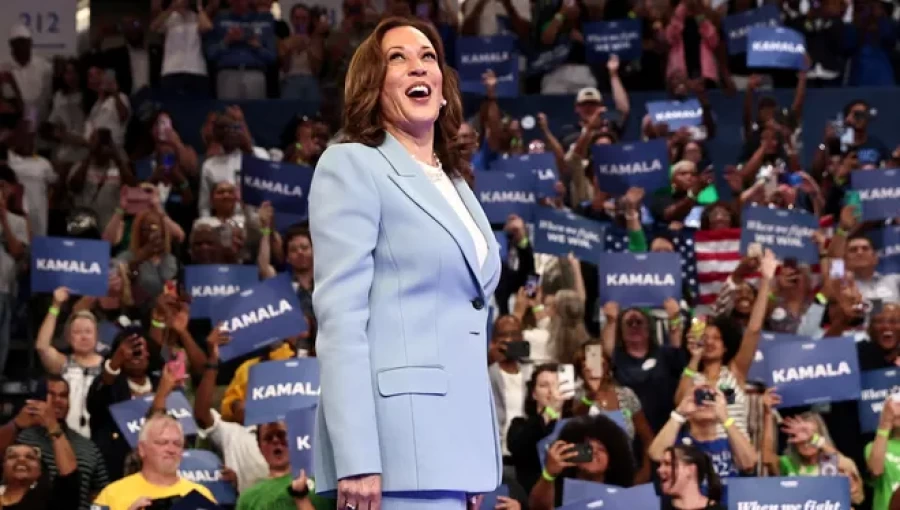






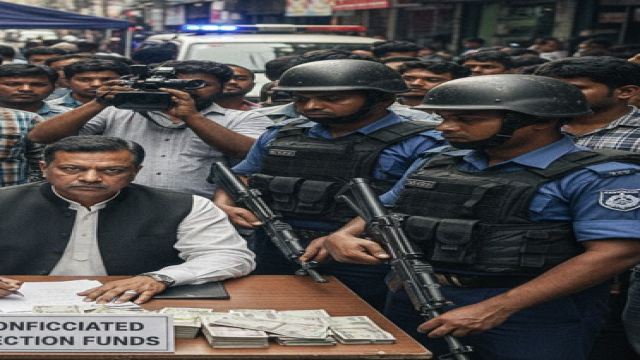
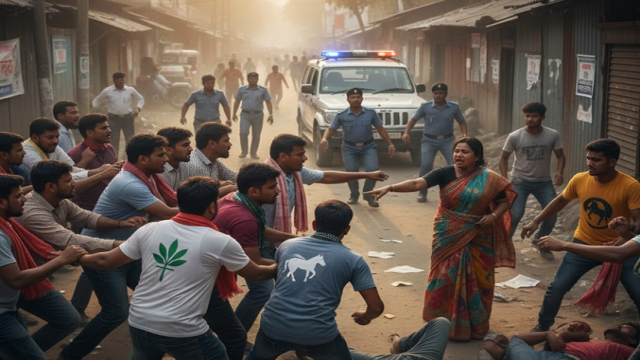

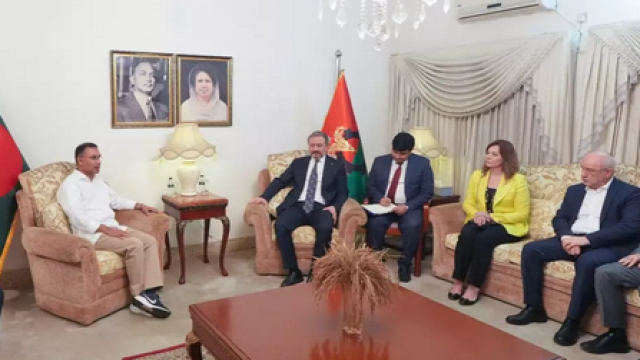
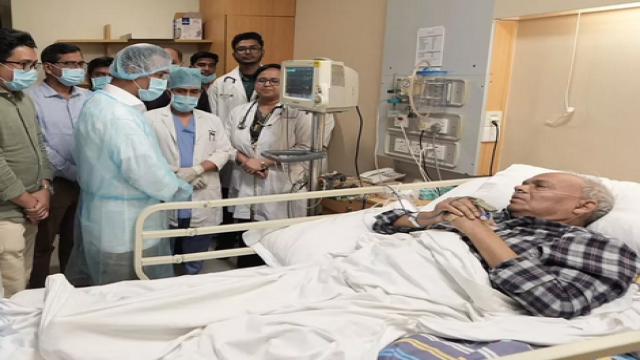
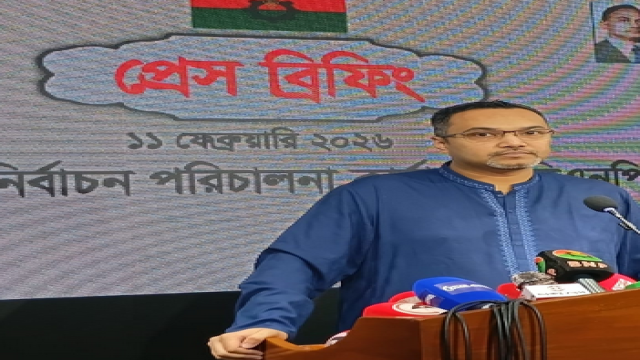
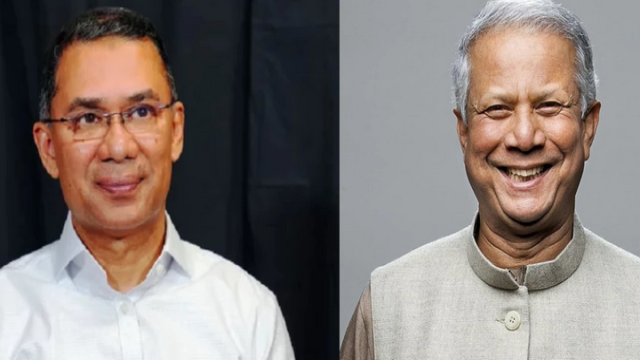
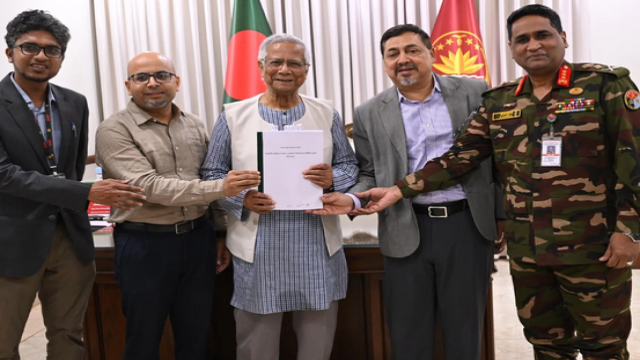
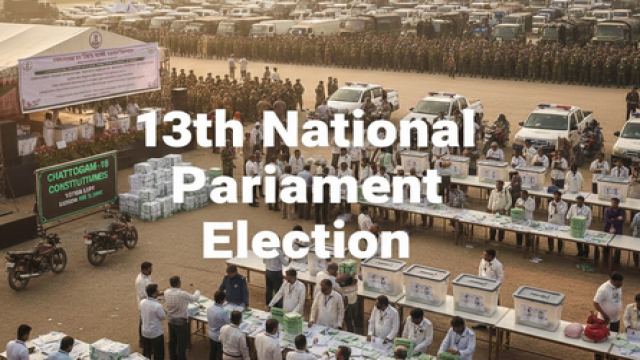
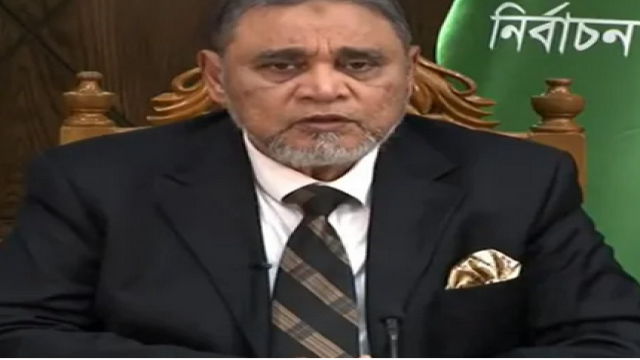











Comment: